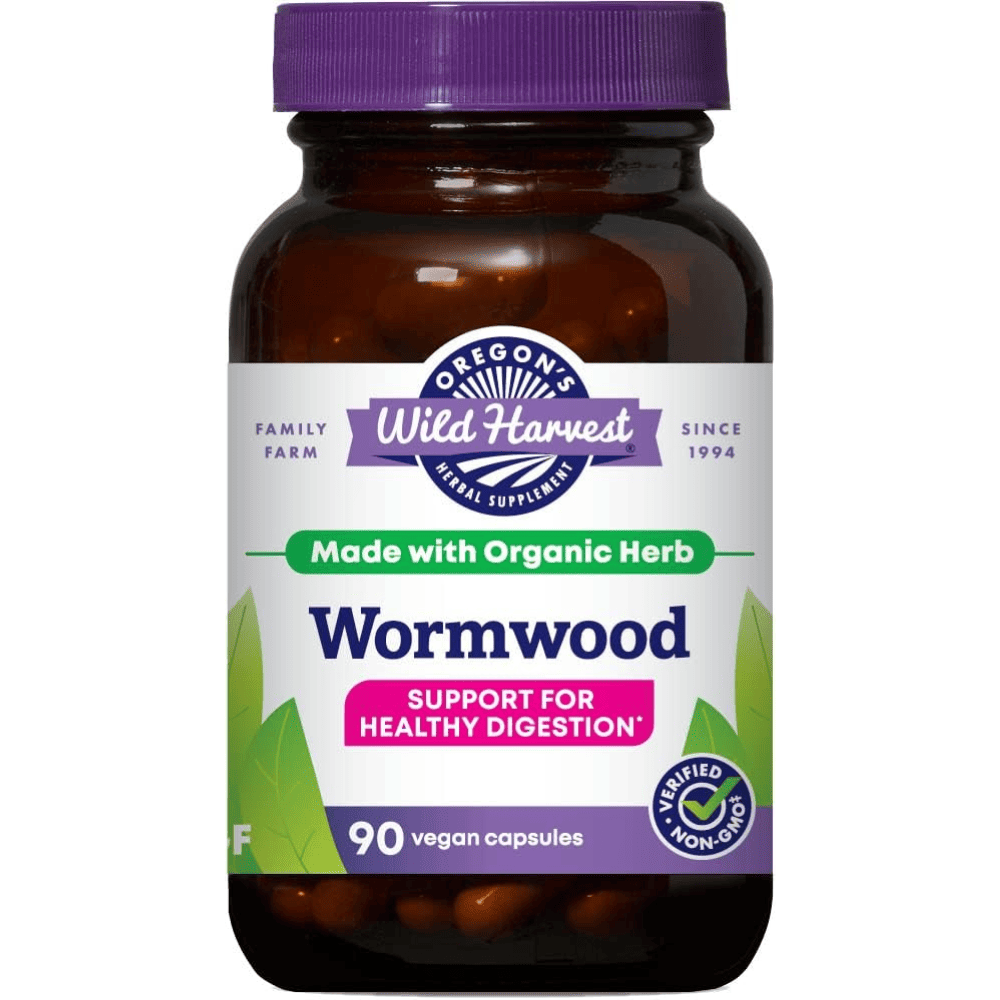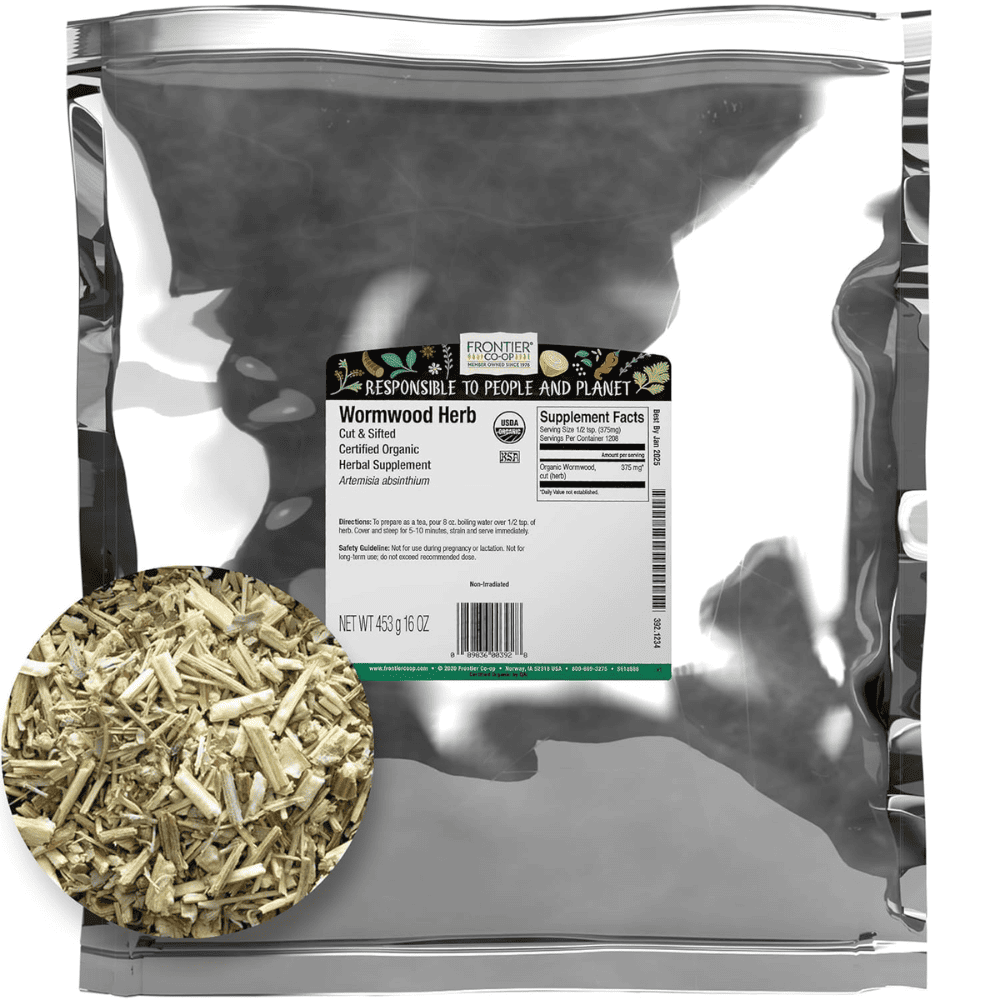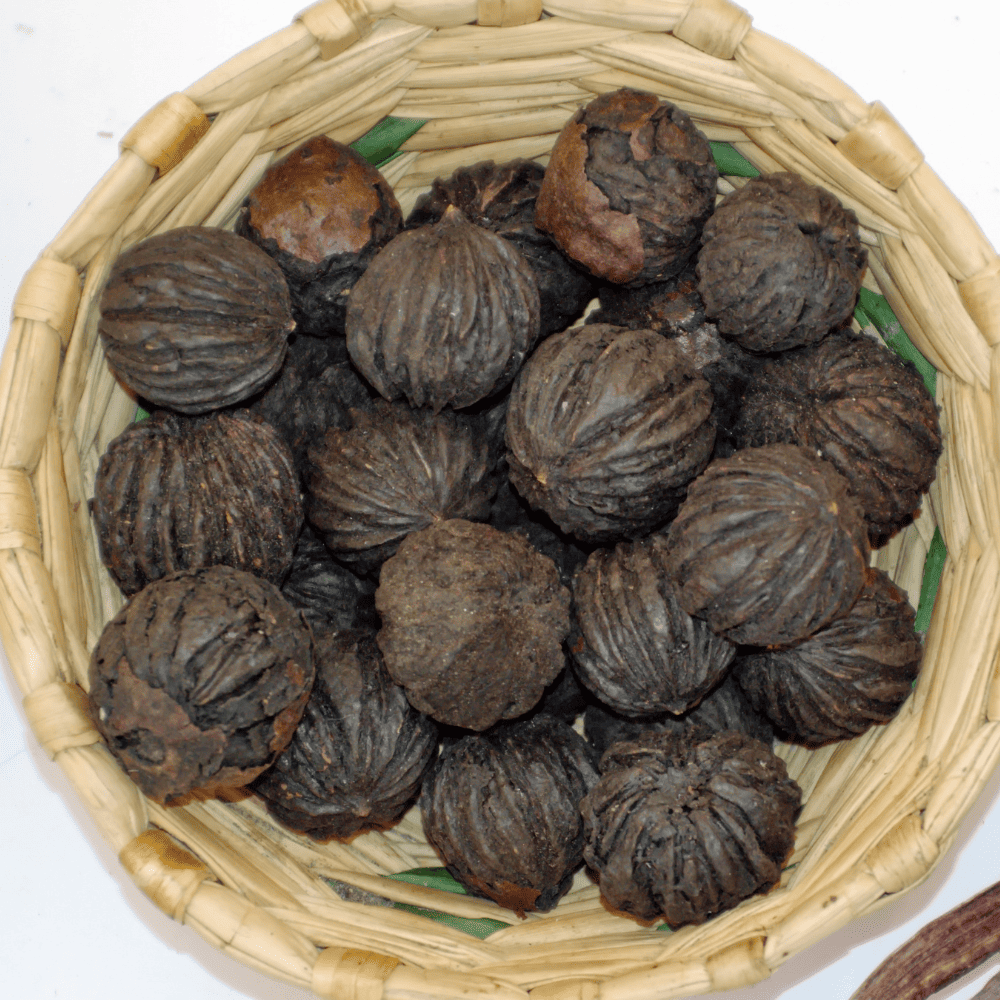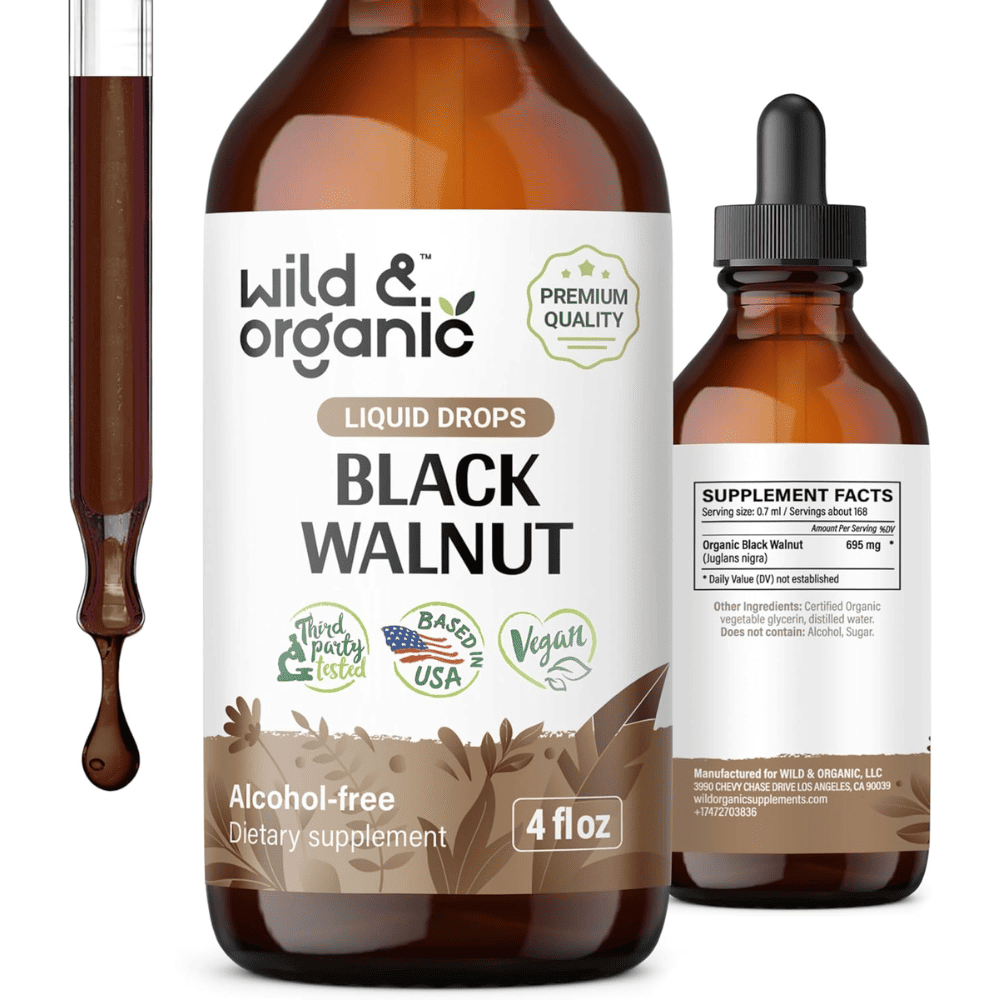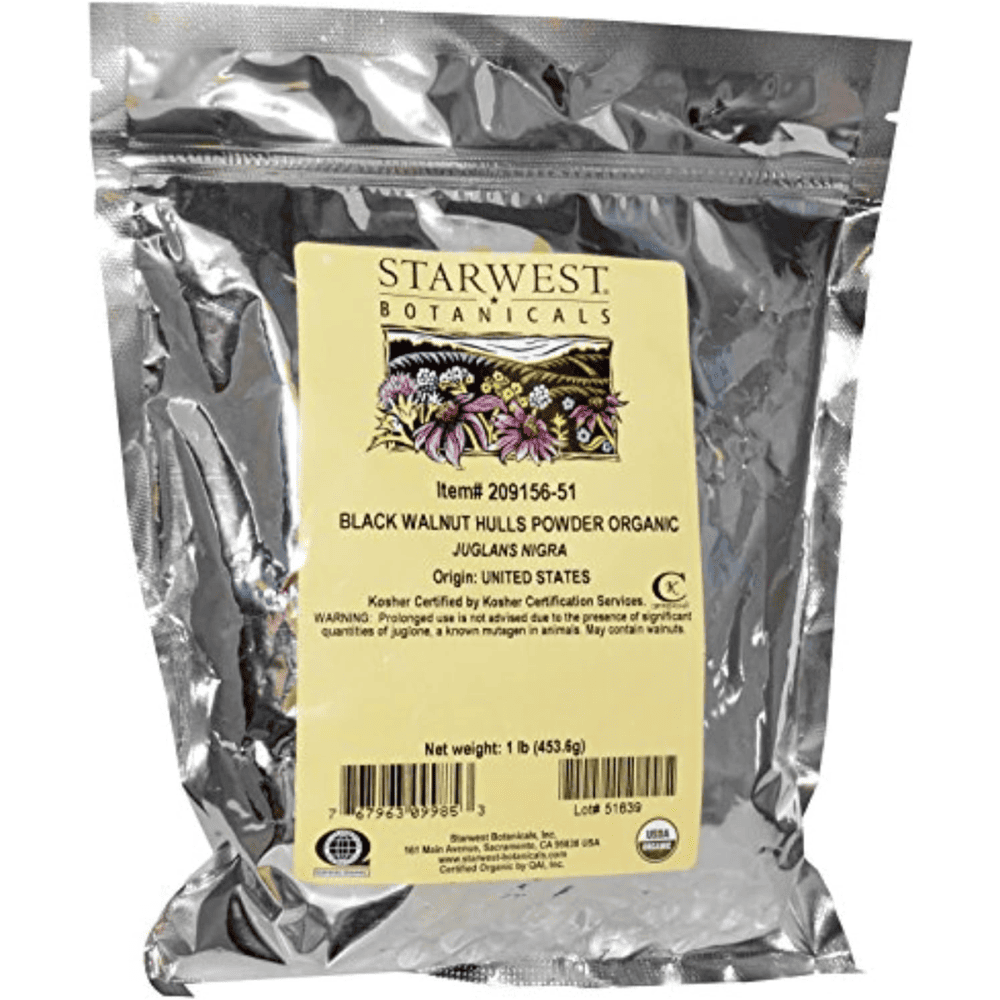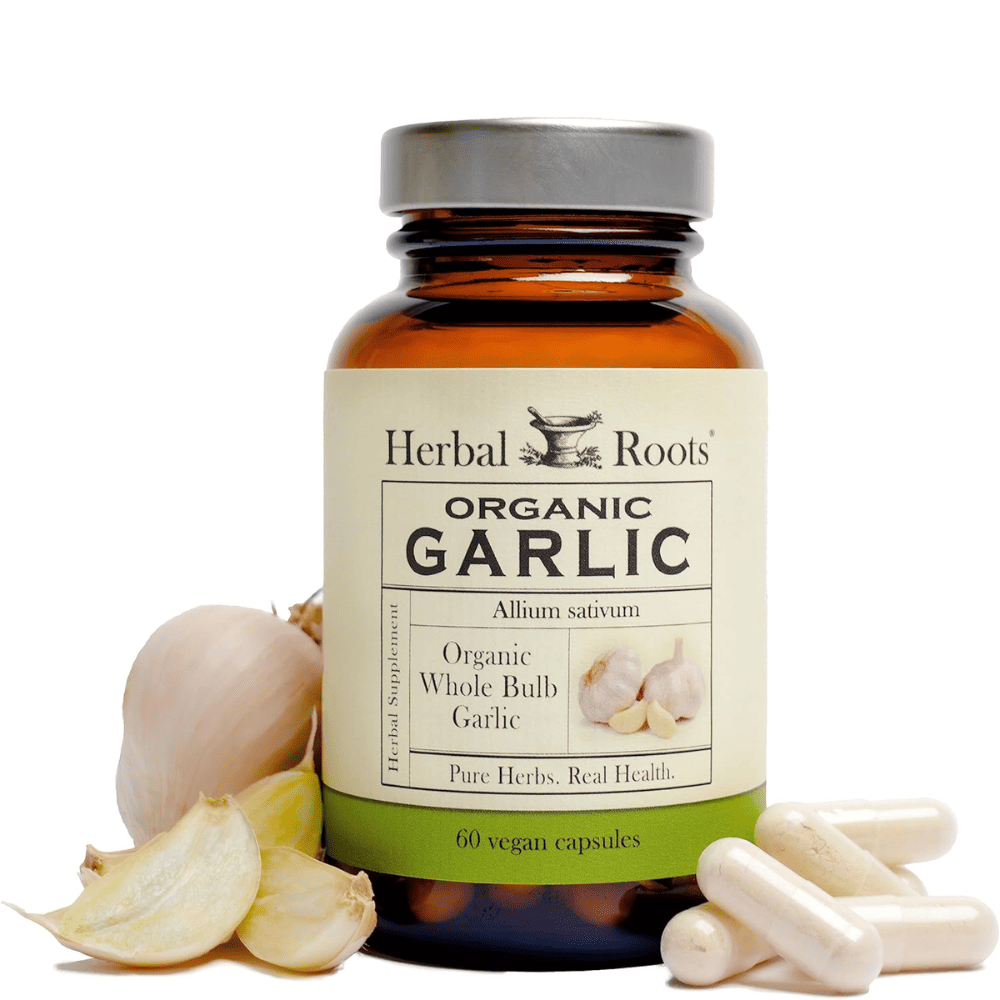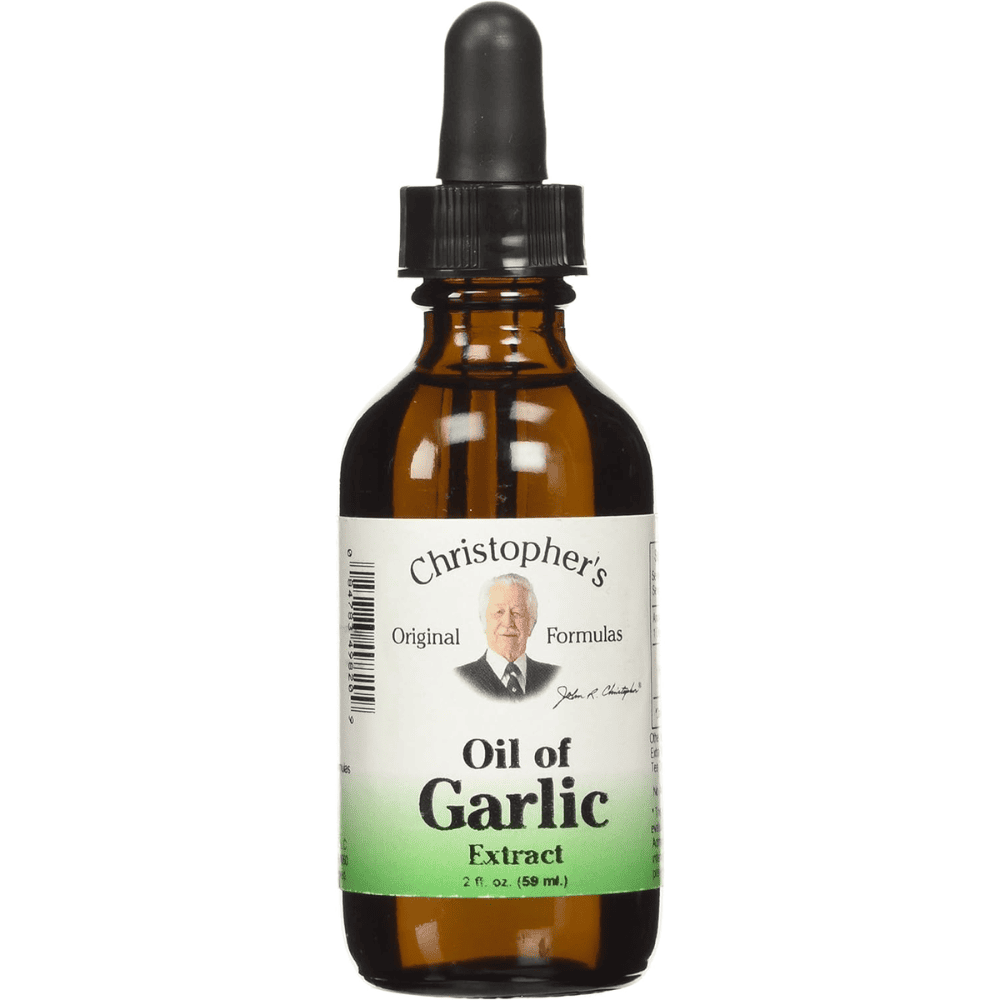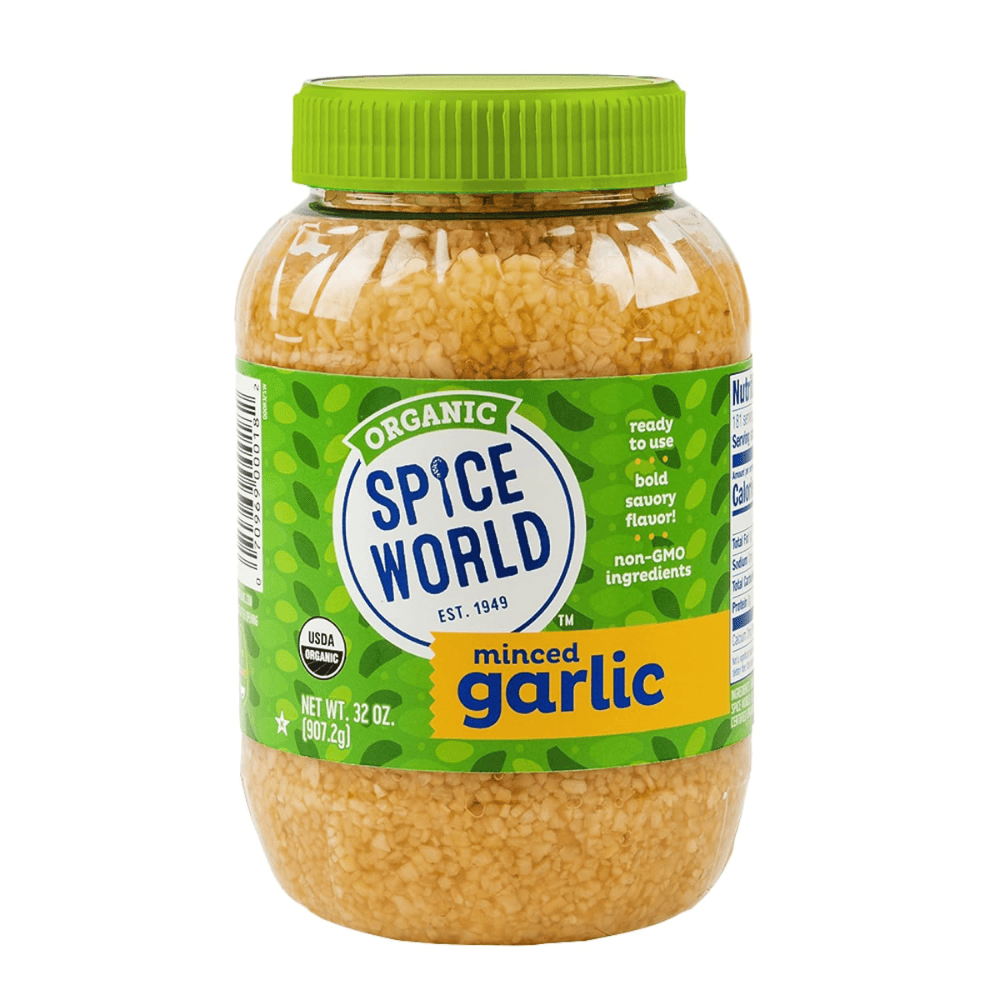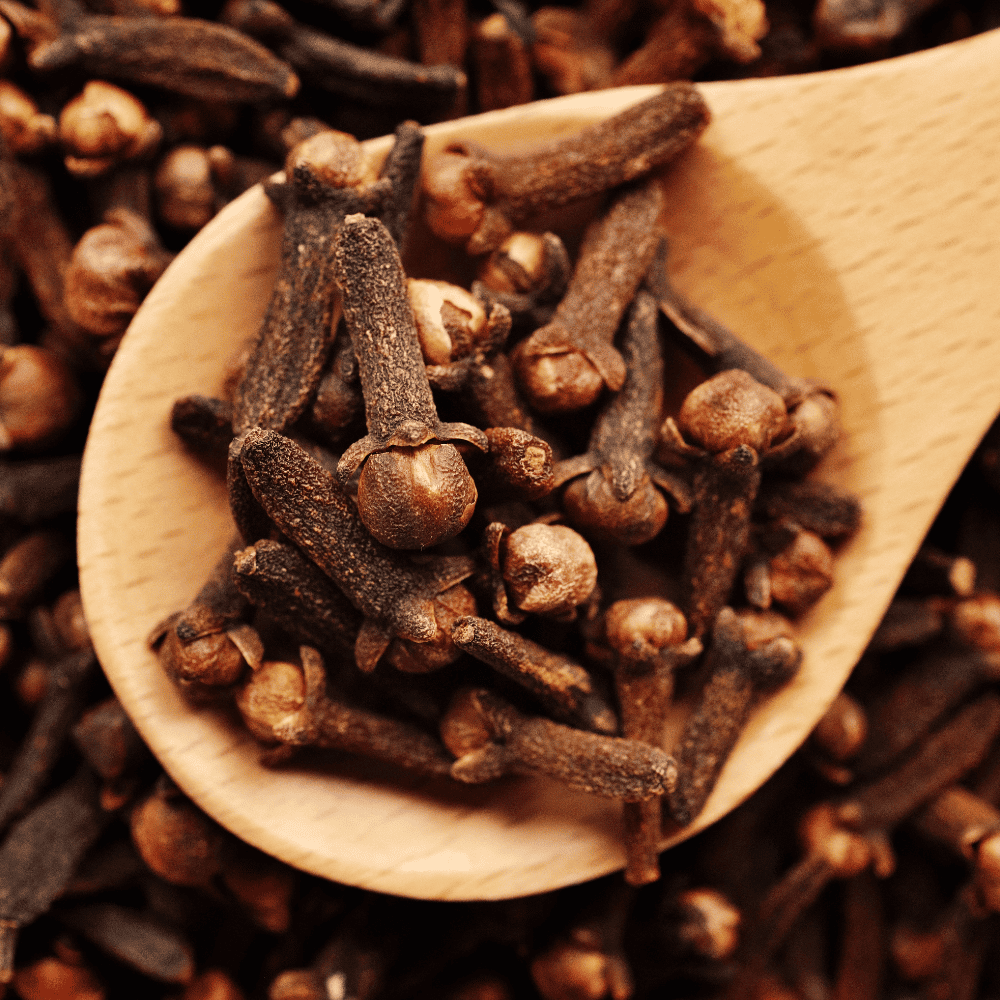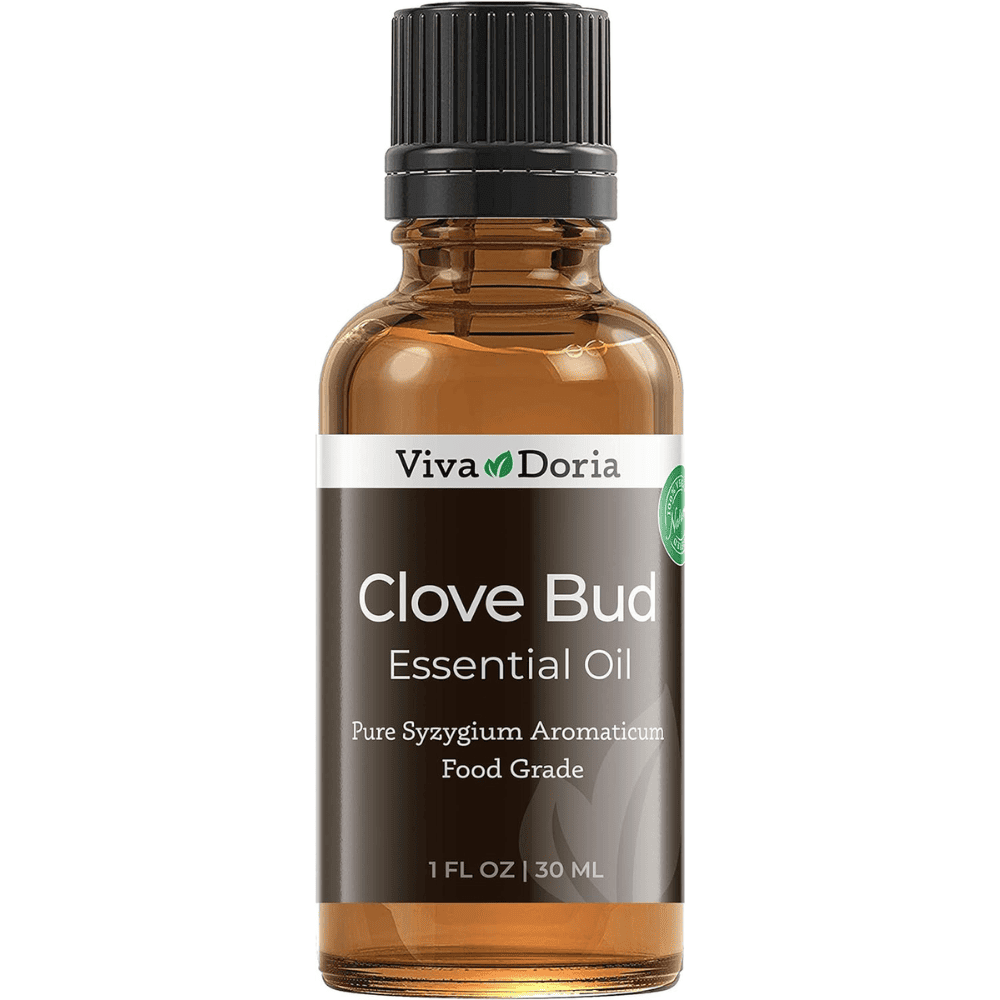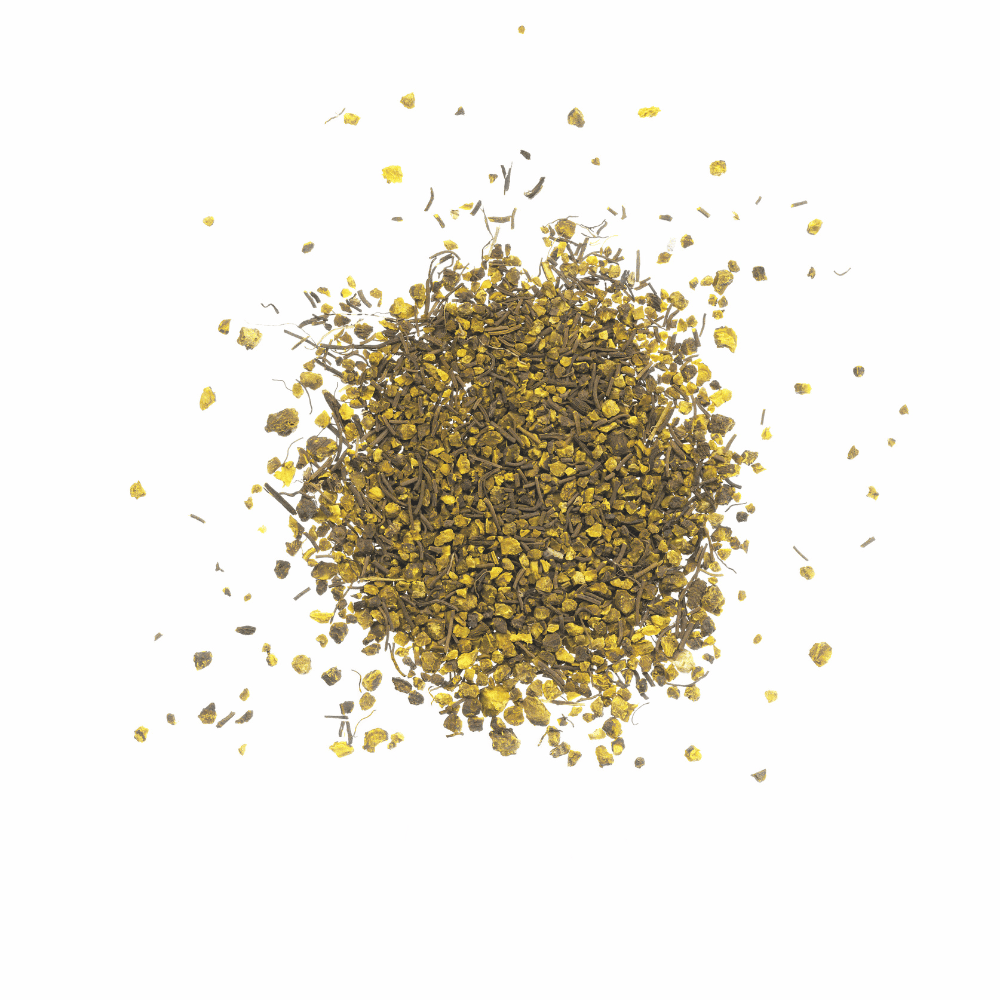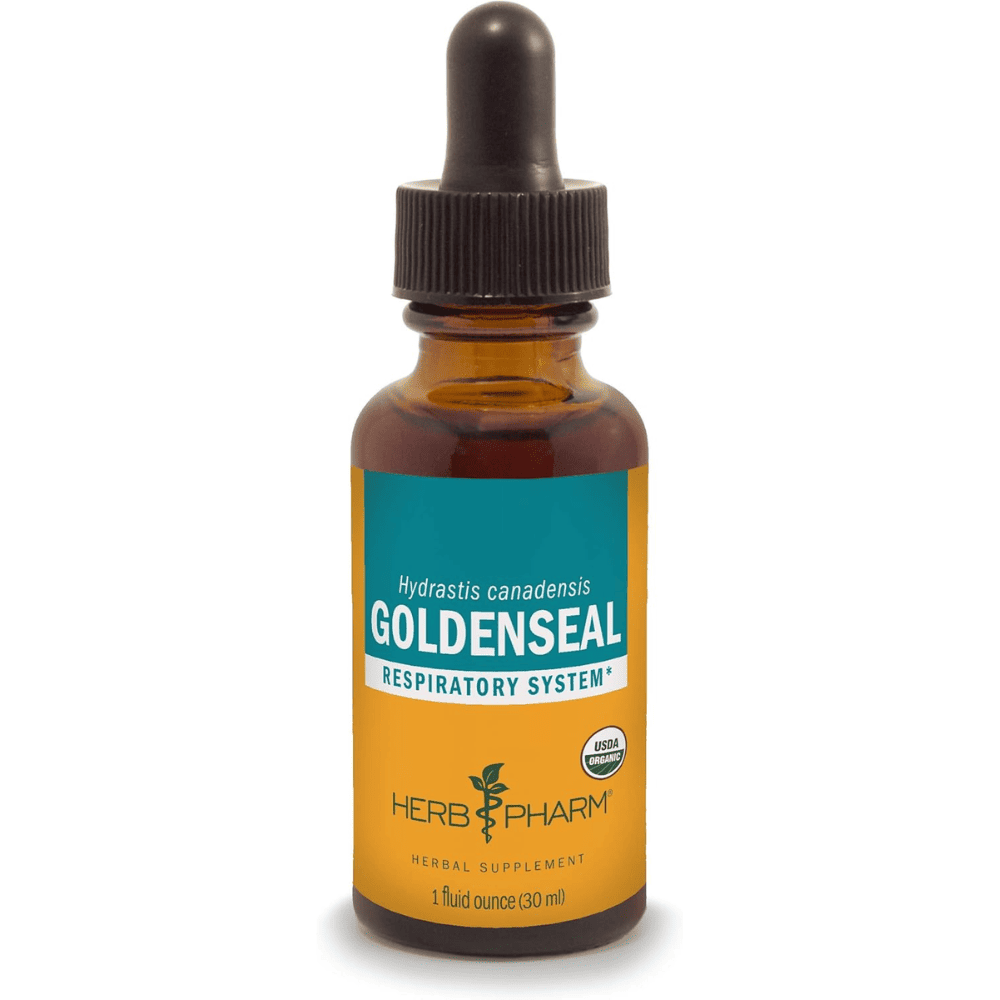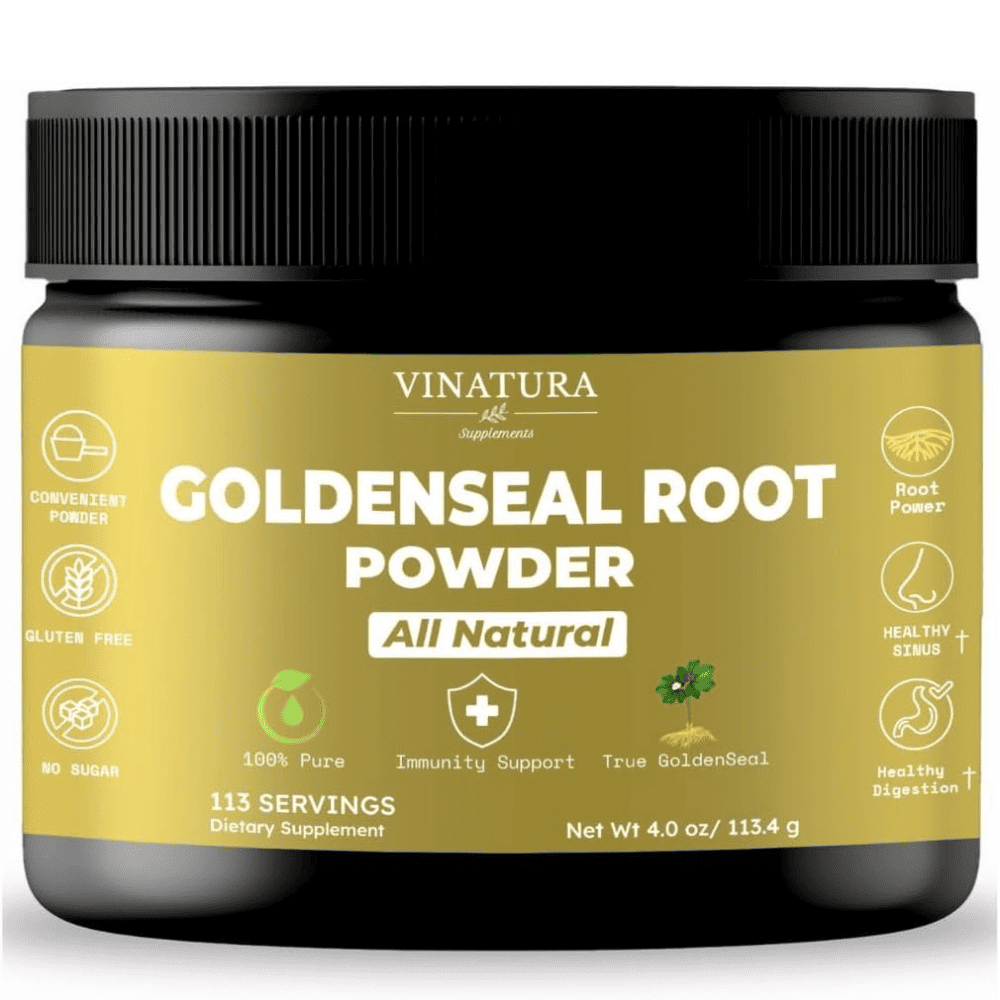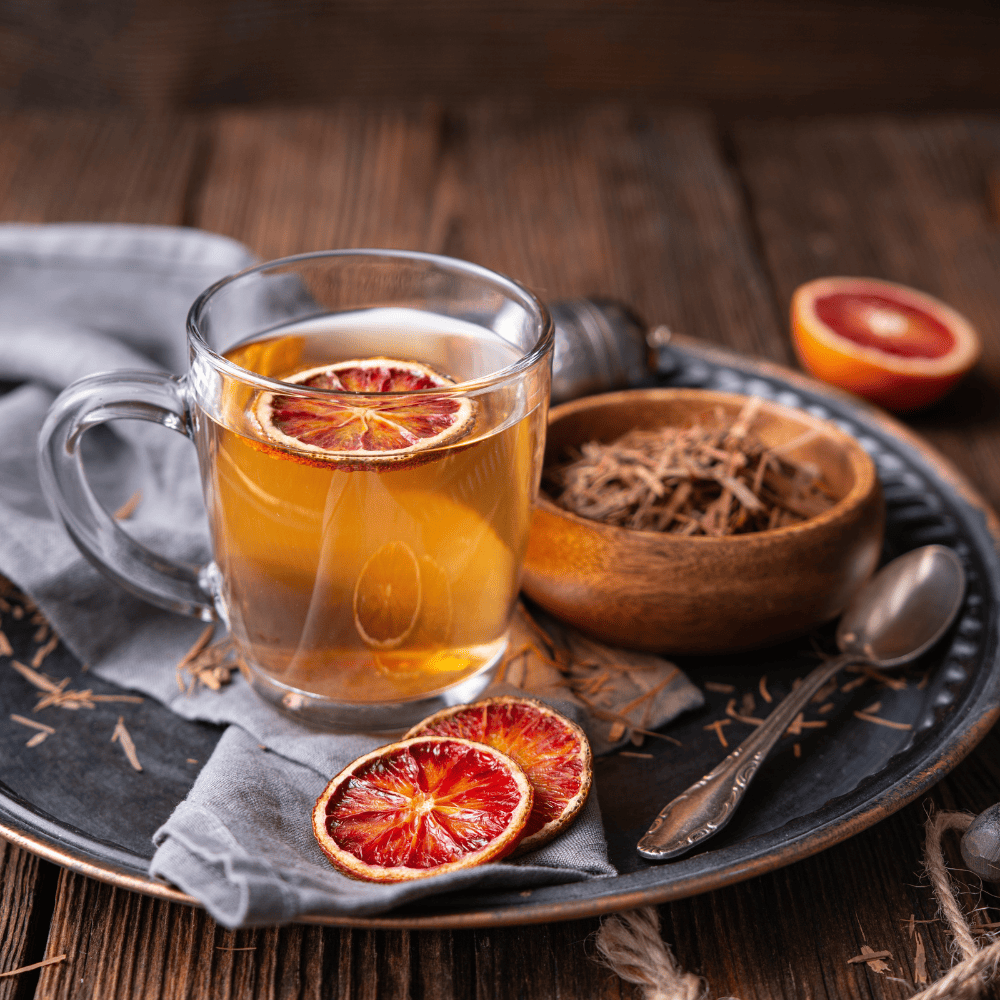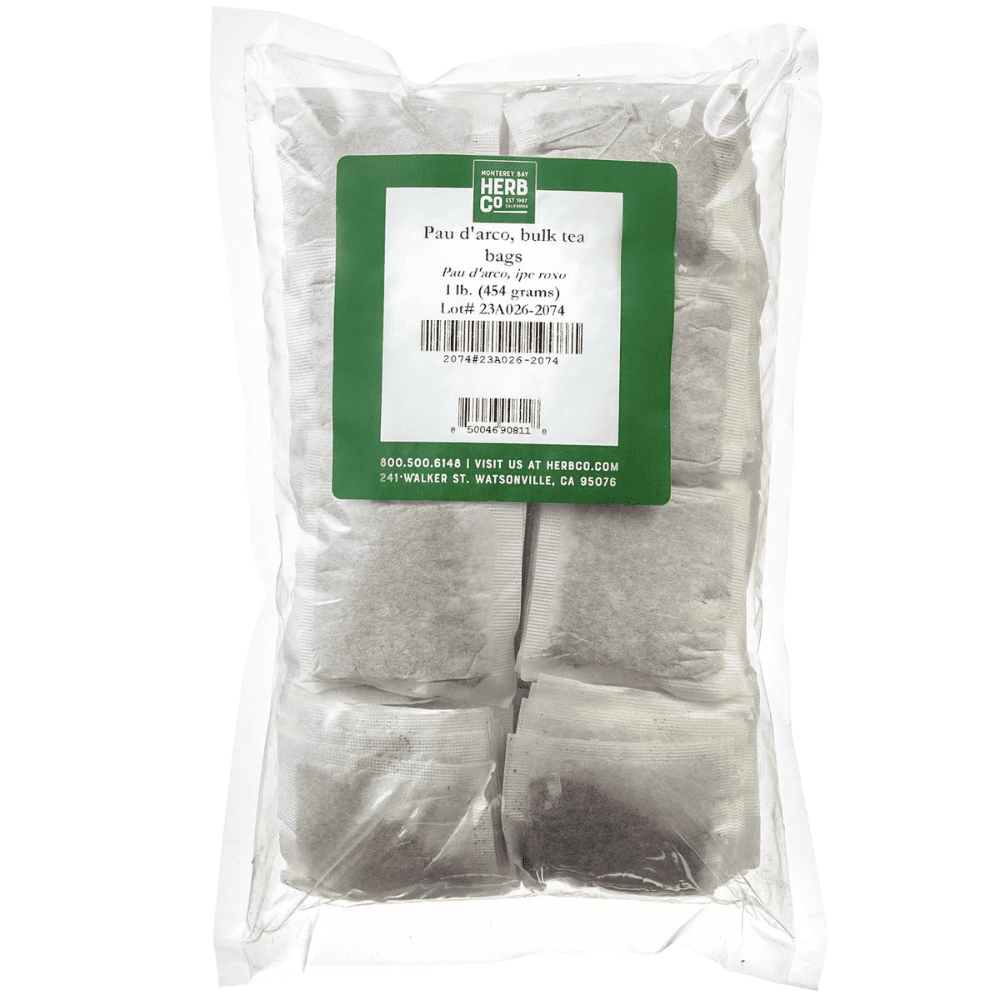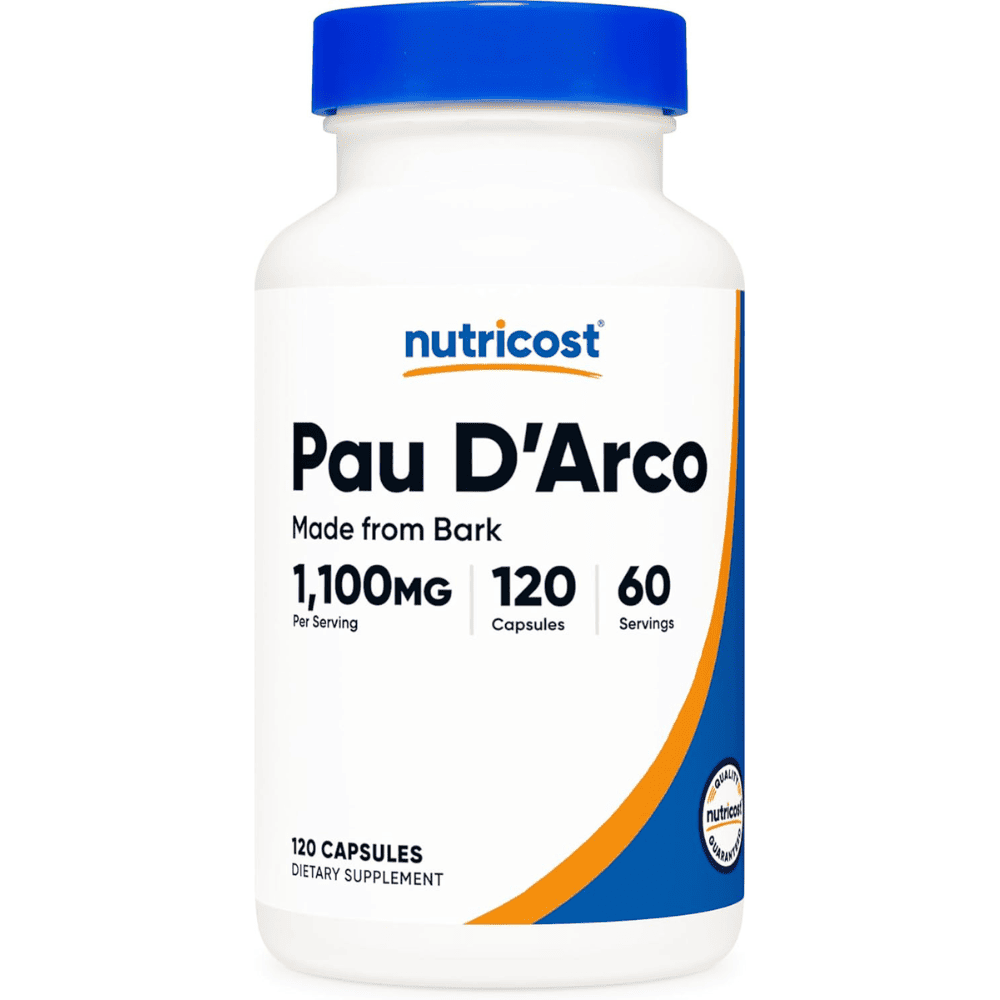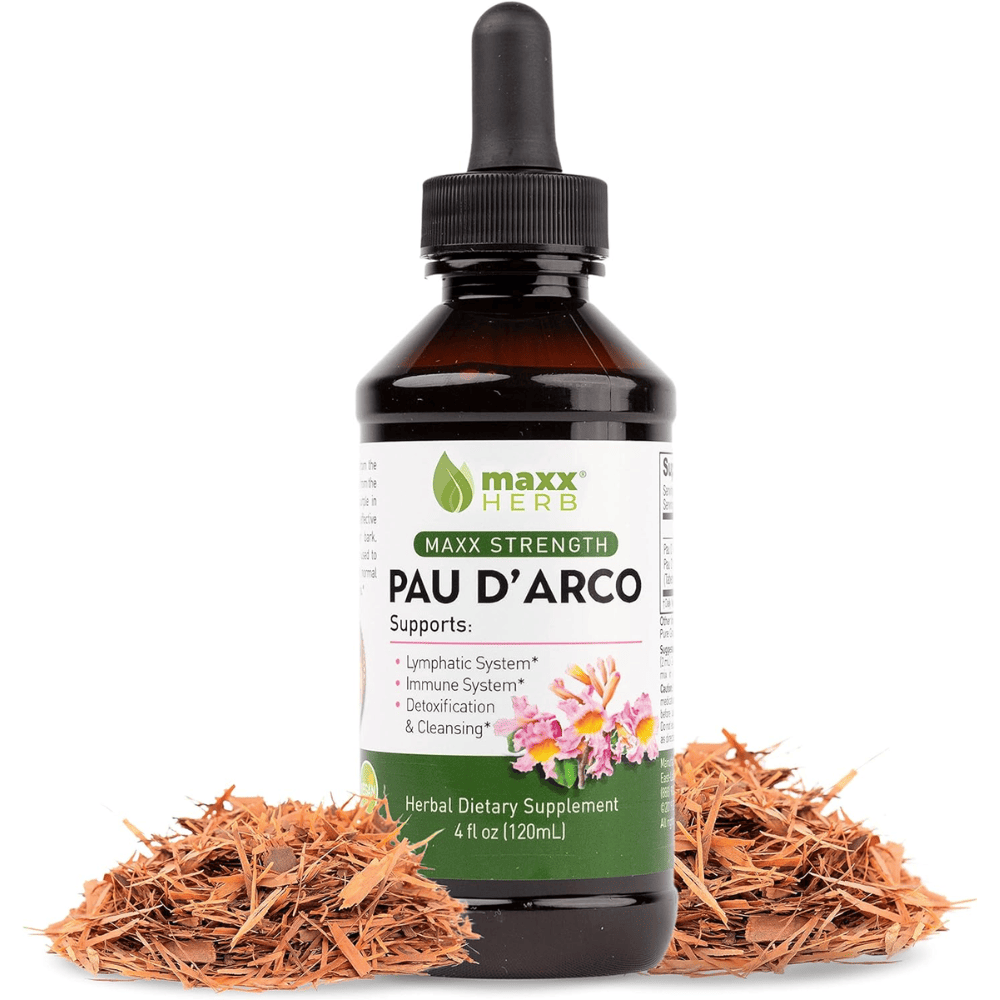Benefits: Wormwood is renowned for its powerful ability to expel intestinal worms, including roundworms, pinworms, and hookworms. Beyond its antiparasitic properties, wormwood is highly regarded for its ability to support digestive health. It stimulates the production of bile, which is essential for the digestion of fats, and helps alleviate symptoms of indigestion, bloating, and loss of appetite. Additionally, wormwood is believed to have liver-protective properties, promoting liver health and assisting in detoxification processes.
History: The use of wormwood dates back thousands of years, with records showing its utilization in ancient Egypt, Greece, and Rome. In ancient Greece, it was dedicated to the goddess Artemis, from which its botanical name, Artemisia absinthium, is derived. Wormwood has a storied history in European folk medicine, where it was often used as a remedy for digestive issues and as an antiparasitic treatment. During the Middle Ages, it was a common ingredient in herbal preparations to combat intestinal worms and other parasitic infections. Wormwood also gained notoriety as the key ingredient in absinthe, a highly popular, albeit controversial, spirit in 19th-century Europe, celebrated for its supposed mind-altering effects.
Parasites Helped: Wormwood is particularly effective against a wide range of intestinal parasites, including roundworms, pinworms, and hookworms. It is also used to combat tapeworms and is often included in herbal formulations aimed at treating parasitic infections. The active compounds in wormwood are potent enough to not only expel adult parasites but also to hinder the lifecycle of these organisms, preventing reinfestation.

